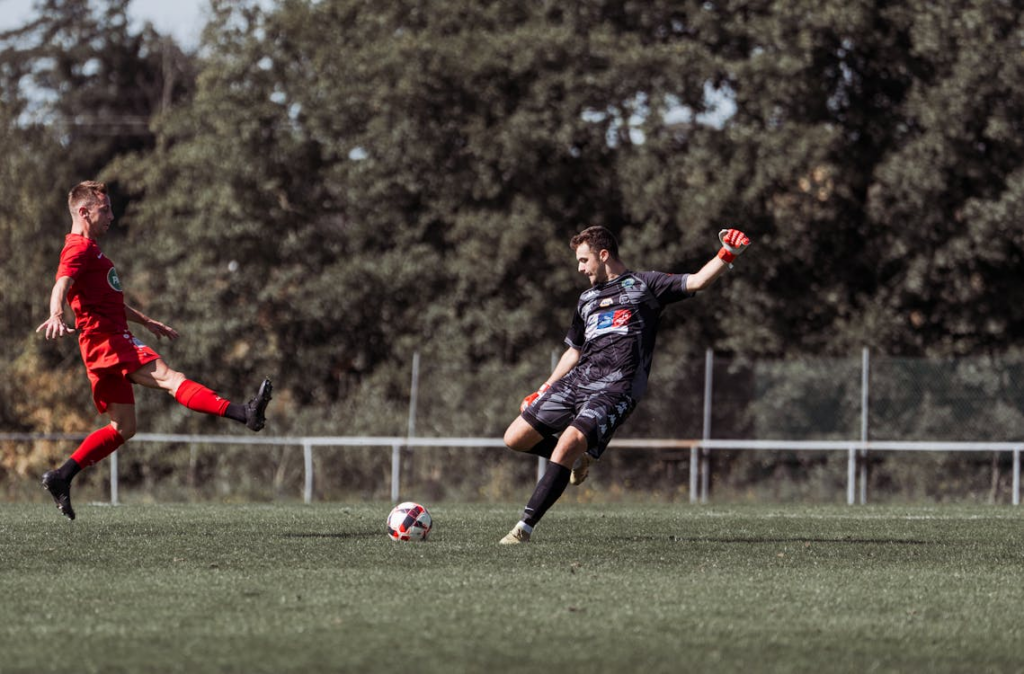The Silent Struggle in Sports
Athletes, often seen as physically and mentally invincible, are surprisingly vulnerable to mental health challenges. The intense pressure to perform, the constant scrutiny, and the demanding training schedules can take a toll on their mental well-being. Despite the prevalence of mental health issues in sports, many athletes hesitate to seek help.

Why Athletes Hesitate to Seek Help
Several factors contribute to athletes’ reluctance to seek help:
- Stigma: The fear of being labeled as weak or unfit.
- Fear of Deselection: Concern that seeking help may negatively impact their career.
- Confidentiality Concerns: Worry about the privacy of their mental health information.
- Lack of Awareness: Insufficient knowledge about mental health conditions and treatment options.
- Negative Attitudes Towards Mental Health Services: Misconceptions about therapy and medication.
Breaking Down the Barriers
To encourage athletes to seek help, it’s crucial to address these barriers:
- Normalizing Mental Health: Promote open conversations about mental health within the sports community.
- Role Model Mentorship: Encourage athletes to share their experiences and inspire others.
- Confidentiality and Privacy: Ensure that athletes feel safe and secure when seeking help.
- Mental Health Literacy: Educate athletes, coaches, and staff about mental health conditions and treatment options.
- Positive Team Culture: Foster a supportive and inclusive team environment.
The Role of Telehealth and EMDR in Sports
Telehealth offers a convenient and confidential way for athletes to access mental health services, especially for those with busy training schedules or limited access to in-person care. EMDR therapy, a proven technique for treating trauma and anxiety, can be particularly beneficial for athletes who have experienced performance-related stress or traumatic events.4
By combining telehealth and EMDR, athletes can receive effective mental health support from the comfort of their own homes.
Conclusion
It’s time to break the silence surrounding mental health in sports. By addressing the barriers to help-seeking and promoting a culture of mental well-being, we can empower athletes to prioritize their mental health and achieve their full potential.
Dr. Sara C is a leading expert in EMDR, CBT, and DBT therapies, offering telehealth services across Newport Beach, CA; Beverly Hills, CA; San Diego, CA; Portland, OR; Jacksonville, OR; Dallas, TX; and Houston, TX. Experience the best in virtual therapy with one of the highest-rated therapists.
In case of a mental health emergency, please call 911 or seek immediate professional help.
Sources:
Clark, L., Cosh, S., Jeffreys, A., McNeil, D., & Tully, P. (2023). Athlete mental health help-seeking: A systematic review and meta-analysis of rates, barriers and facilitators. Psychology of Sport and Exercise, 71, 102586. https://doi.org/10.1016/j.psychsport.2023.102586

One Response